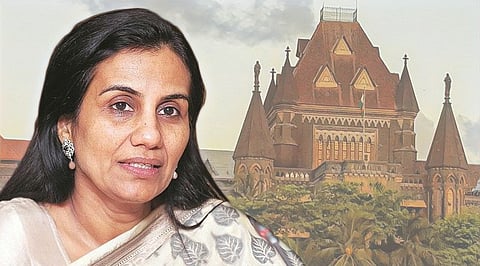
- News
- Columns
- Interviews
- Law Firms
- Apprentice Lawyer
- Legal Jobs
- हिंदी
- ಕನ್ನಡ

The Bombay High Court today dismissed the petition filed by former ICICI Bank Chief Executive Officer and Managing Director Chanda Kochhar challenging her termination last year.